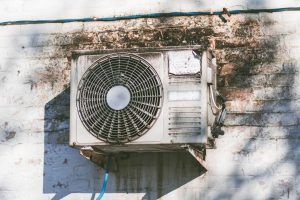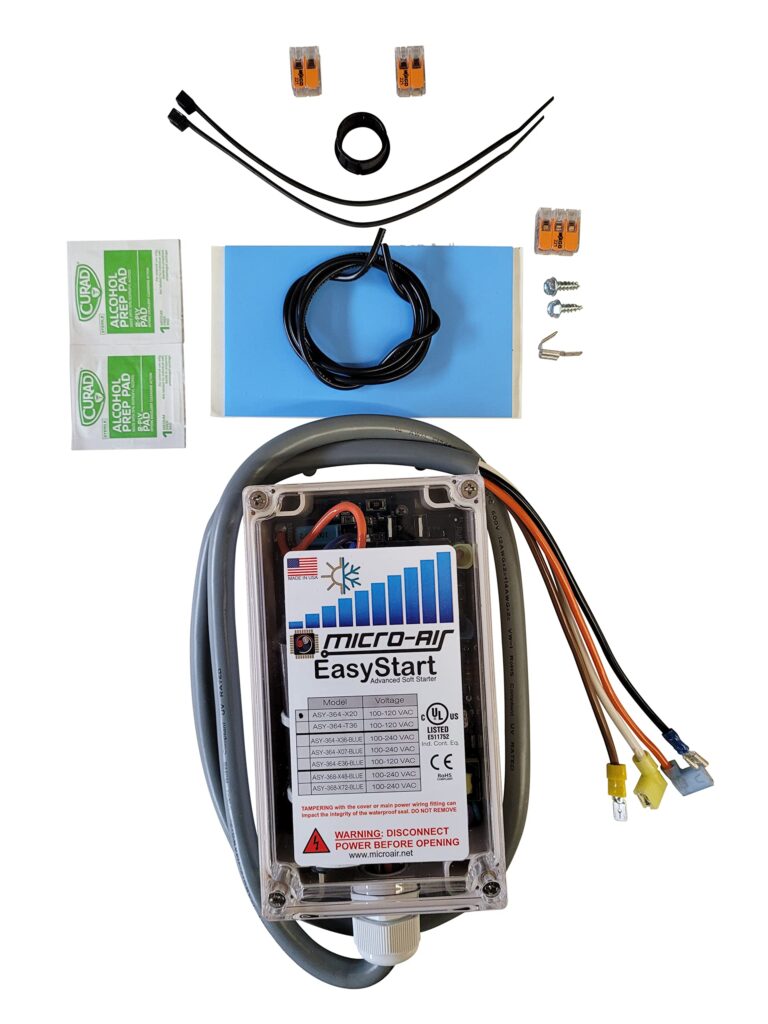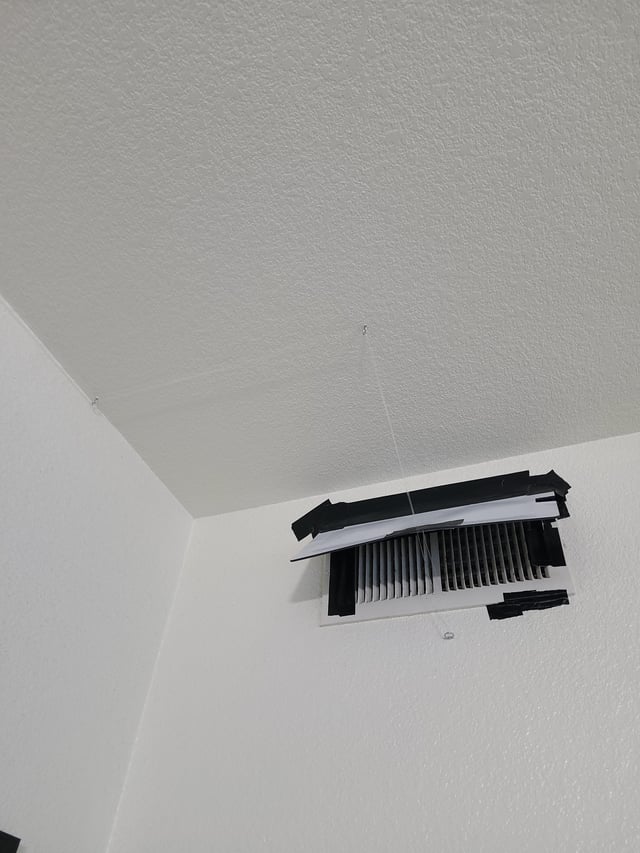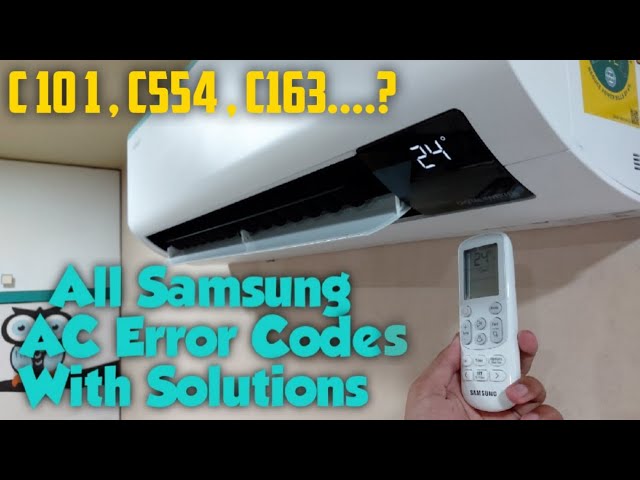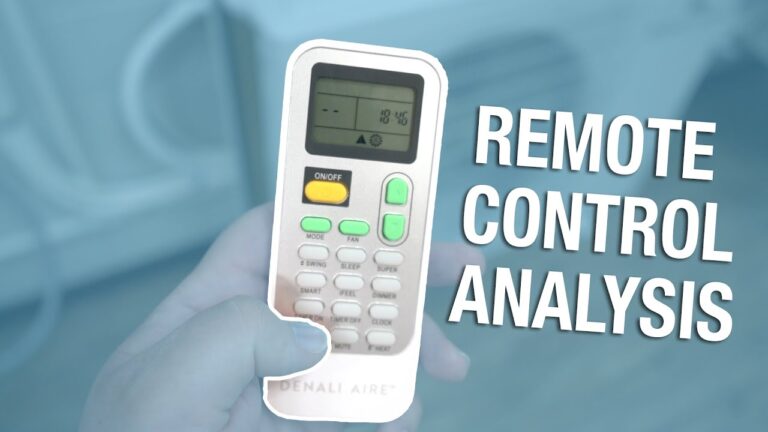Why Do My Lights Dim When My AC Turns On? Uncover the Truth
Lights dim when your AC turns on because the AC draws a large amount of power initially. This sudden power demand can cause a voltage drop.
Experiencing lights dimming when the air conditioner kicks in is a common issue for many homeowners. The initial power surge required to start the AC compressor can momentarily decrease the voltage in your electrical system. This voltage drop affects other devices, such as lights, causing them to dim temporarily.
This issue is more noticeable in homes with older wiring or insufficient electrical capacity. To fix this, consider consulting an electrician to evaluate your electrical system. Upgrading your wiring or installing a dedicated circuit for your AC can help stabilize the power supply and prevent your lights from dimming.
Electrical Load Dynamics
Have you noticed your lights dimming when your AC kicks on? This happens because of something called electrical load dynamics. Understanding this can help you manage your home’s electricity better.
How Ac Affects Electrical Load
Your air conditioner is a high-power device. It needs a lot of electricity to start up. This sudden demand for power can cause other devices to struggle. Lights are often the first to show this struggle by dimming. The AC’s compressor is the main culprit. It draws a large current when it starts. This spike in power demand is called an inrush current.
Let’s break it down in a table:
| Device | Power Demand (Watts) |
|---|---|
| Air Conditioner | 2000-5000 |
| Refrigerator | 100-800 |
| Light Bulb | 10-100 |
As you can see, an AC unit needs a lot more power compared to other household devices. This high demand puts a strain on your electrical system. This strain causes your lights to dim momentarily.
Impact On Household Circuits
Your household circuits distribute electricity to various devices. When the AC turns on, it can overload these circuits. This overload can cause a voltage drop. A voltage drop means less power is available for other devices. Hence, your lights dim.
There are simple steps you can take to mitigate this issue:
- Use energy-efficient appliances.
- Upgrade your electrical panel.
- Install a dedicated circuit for your AC.
These steps can help manage the load on your circuits better. A dedicated circuit ensures your AC has its own power supply. This reduces the strain on other devices.
In-rush Current Explained
Have you noticed your lights dim when your AC turns on? This could be due to in-rush current. Understanding in-rush current can help you figure out why this happens.
What Is In-rush Current?
In-rush current is the initial surge of electricity when an electrical device is turned on. It’s much higher than the steady-state current. This high current lasts only for a short time.
Think of it like opening a dam. At first, a huge amount of water rushes out. Then, the flow stabilizes. This initial rush is what causes the lights to dim.
Ac Start-up Surge
Your air conditioner requires a lot of power to start. This is known as the start-up surge. During this phase, the AC draws a large in-rush current.
When your AC starts, it pulls a high current from your electrical system. This sudden demand can cause a temporary voltage drop. As a result, your lights may dim.
| Device | In-Rush Current | Steady-State Current |
|---|---|---|
| Air Conditioner | 30 Amps | 10 Amps |
| Refrigerator | 15 Amps | 5 Amps |
The table above shows the difference between in-rush current and steady-state current for common devices.
Understanding in-rush current helps you see why your lights dim. It’s a common issue and usually not a cause for concern.
Circuit Overload Risks
Have you ever noticed your lights dimming when the AC starts? This could signal a circuit overload. When your AC turns on, it draws a lot of power. This sudden demand can strain your electrical system. Circuit overloads are dangerous. They can cause fires or damage appliances. Understanding the risks is crucial.
Signs Of Overloaded Circuits
- Lights flicker or dim when appliances start.
- Outlets feel warm to the touch.
- Circuit breakers trip often.
- Buzzing sounds from outlets or switches.
- Burning smells around outlets or switches.
Preventing Overload
Preventing circuit overloads is vital for safety. Here are some tips:
- Distribute the Load: Avoid plugging too many devices into one outlet.
- Use Dedicated Circuits: Ensure heavy appliances have their own circuits.
- Upgrade Your Electrical System: Consider upgrading to handle more power.
- Install Surge Protectors: These can help manage sudden power spikes.
- Regular Inspections: Have an electrician check your wiring and panels regularly.

Credit: www.wagnermechanical.com
Wiring And Connections
Dealing with dimming lights when your AC turns on can be confusing. One key area to check is your wiring and connections. Proper wiring ensures a steady flow of electricity. Faulty wiring can cause voltage drops. Let’s explore these aspects further.
Importance Of Proper Wiring
Proper wiring is crucial for a stable electrical system. It provides a steady flow of electricity. This prevents voltage drops and power surges. When the AC kicks in, it draws a lot of power. Without proper wiring, lights may dim.
Here are some key reasons why proper wiring is important:
- Prevents voltage drops: Ensures constant power supply.
- Reduces power surges: Protects your devices from damage.
- Improves energy efficiency: Ensures optimal performance of appliances.
Common Wiring Issues
Several common wiring issues can cause lights to dim. Identifying these can help resolve the problem.
| Issue | Description |
|---|---|
| Loose connections | Wires not tightly connected can cause voltage drops. |
| Old wiring | Outdated wires can’t handle modern electrical loads. |
| Undersized wires | Thin wires can’t carry enough current, causing dimming. |
Here is a quick checklist for common wiring issues:
- Check for loose connections.
- Inspect wiring for wear and tear.
- Ensure wires are the correct size.
Addressing these issues can prevent dimming lights. Proper wiring and connections are vital for a stable electrical system.
Voltage Drop Phenomenon
Have you noticed your lights dimming when your AC turns on? This is due to the voltage drop phenomenon. Understanding this can help you fix the issue and protect your appliances.
Causes Of Voltage Drop
Several factors can cause a voltage drop in your home:
- High power demand: Air conditioners need a lot of power to start.
- Old wiring: Worn-out wires can’t handle high power loads.
- Loose connections: Poor connections lead to voltage drops.
- Undersized electrical system: A small system can’t support all your appliances.
Effects On Appliances
Voltage drops can affect your home appliances:
- Lights dimming: Your lights may flicker or dim.
- Reduced efficiency: Appliances may not work at full capacity.
- Damage risk: Continuous voltage drops can harm your devices.
- Increased wear and tear: Appliances may wear out faster.
| Appliance | Effect |
|---|---|
| Lights | Dim or flicker |
| AC | Reduced efficiency |
| Fridge | May not cool properly |
| Electronics | Risk of damage |
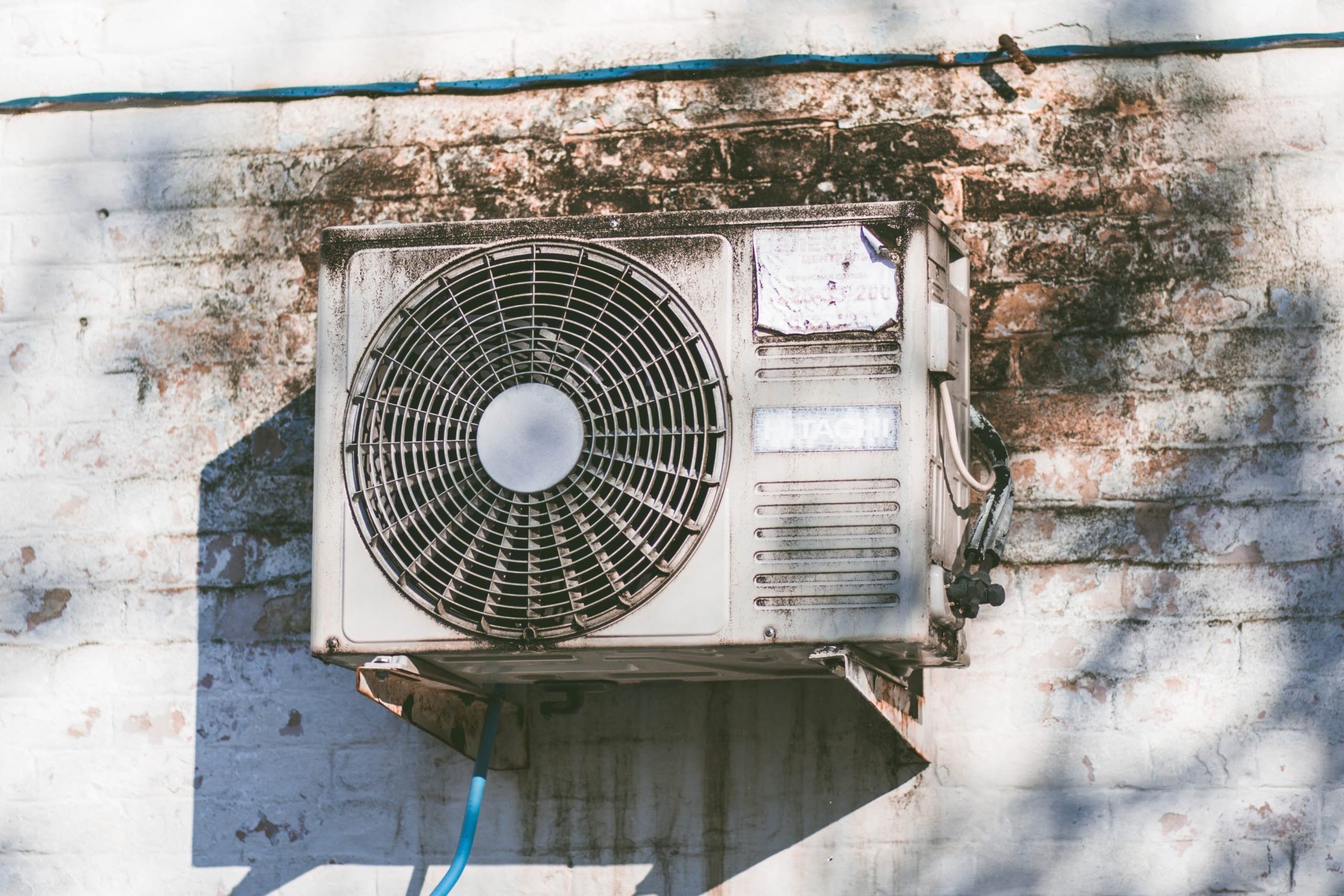
Credit: www.acelectricohio.com
Role Of Circuit Breakers
Your lights dim when the AC turns on. This could be due to your circuit breakers. They play a vital role in managing the electrical load in your home. Understanding how they work can help you solve this issue.
Circuit Breaker Function
Circuit breakers help protect your home from electrical issues. They automatically cut off power if there is too much load. This helps in preventing fires and electrical damage. When the AC starts, it draws a lot of power. This sudden demand can cause lights to dim.
Circuit breakers are designed to handle these fluctuations. But if they are old or faulty, they may not work properly. This can lead to the lights dimming more often.
Ensuring Breaker Efficiency
To ensure your circuit breakers work well, regular maintenance is important. Check them for any signs of wear and tear. Replace old breakers with new ones if needed.
Here are some tips to keep your breakers efficient:
- Inspect them every six months.
- Keep the breaker box clean and dry.
- Replace any faulty breakers immediately.
- Consult an electrician for a professional check-up.
Maintaining your circuit breakers can help reduce the dimming of lights. A well-functioning breaker can handle the power surge from your AC better.
Energy Efficiency Tips
Energy efficiency is crucial for a comfortable and cost-effective home. Dimming lights when the AC turns on may indicate electrical issues. Implementing energy-saving tips can help manage this problem.
Optimizing Ac Usage
Optimizing AC usage can reduce electrical load and prevent dimming lights. Follow these simple tips:
- Set the thermostat at an optimal temperature. 78°F is ideal.
- Use ceiling fans to circulate air and reduce AC usage.
- Close curtains and blinds during the day to keep the house cool.
- Schedule regular maintenance for your AC unit.
Balancing Electrical Load
Balancing the electrical load in your home can prevent dimming lights. This involves managing how and when you use different appliances.
Tips for balancing load include:
- Avoid using multiple high-power appliances simultaneously.
- Spread out the use of electrical devices throughout the day.
- Use energy-efficient appliances to reduce overall load.
- Upgrade your electrical panel if it’s outdated.
Here is a table summarizing these tips:
| Tips | Action |
|---|---|
| Set Thermostat | 78°F is ideal |
| Use Ceiling Fans | Circulate air to reduce AC usage |
| Close Curtains | Keep house cool during the day |
| Regular Maintenance | Schedule AC unit check-ups |
| Avoid Simultaneous Appliance Use | Don’t use multiple high-power devices at once |
| Spread Out Usage | Use devices at different times |
| Energy-Efficient Appliances | Reduce overall electrical load |
| Upgrade Electrical Panel | If outdated, consider upgrading |
Professional Assessment
When your lights dim as your AC turns on, it’s time for a professional assessment. An expert can diagnose the issue and ensure your home’s safety. Understanding when to seek help and what to expect can ease your concerns.
When To Call An Electrician
- Frequent Dimming: If lights dim every time the AC starts.
- Flickering Lights: Lights flicker along with dimming.
- Buzzing Sounds: You hear buzzing from outlets or lights.
- Burning Smell: A burning smell indicates a serious issue.
What To Expect From An Inspection
An electrician will check the main electrical panel. They will inspect all wiring connections. This ensures there are no loose or damaged wires.
Next, they will test the voltage levels. This checks for any drops in voltage. They may also inspect the circuit breaker. This ensures it can handle the AC load.
After these checks, the electrician will provide solutions. They might suggest rewiring or upgrading your electrical panel. They ensure your home meets safety standards.
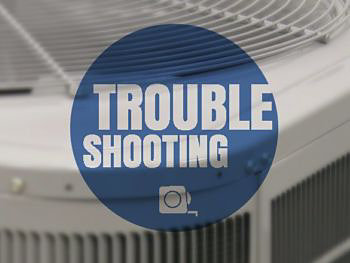
Credit: energytoday.biz
Frequently Asked Questions
Is It Normal For Lights To Dim When Ac Turns On?
Yes, it’s normal. AC units draw high power at startup, causing temporary voltage drops and dimming lights.
How Do I Stop My Lights From Flickering When I Turn The Ac On?
Check for loose electrical connections. Upgrade to a dedicated circuit for the AC. Replace old or faulty wiring. Use a hard start kit. Consult an electrician for proper diagnosis.
Why Do My Lights Flicker When My Neighbor’s Air Conditioner Turns On?
Your lights flicker because your neighbor’s air conditioner creates a temporary voltage drop in the shared electrical grid. This can cause brief power fluctuations.
Conclusion
Understanding why your lights dim when the AC turns on is crucial. It helps maintain electrical safety. Addressing the issue can prevent potential damage. Ensure your home’s electrical system is up to date. Regular maintenance can avoid these common electrical problems.
Keep your home safe and efficient by staying informed.

